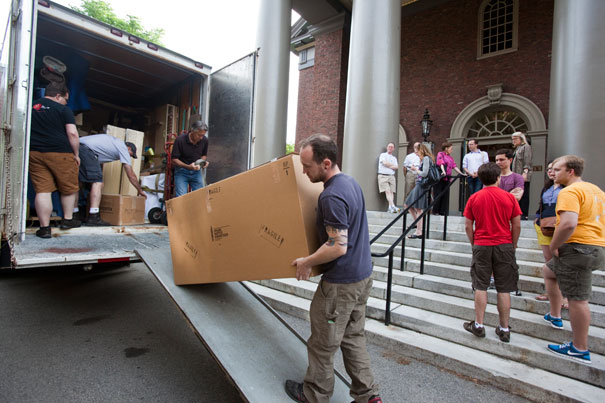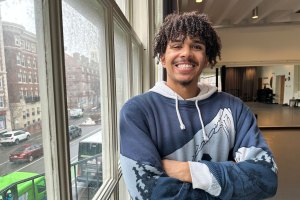Arts & Culture
-
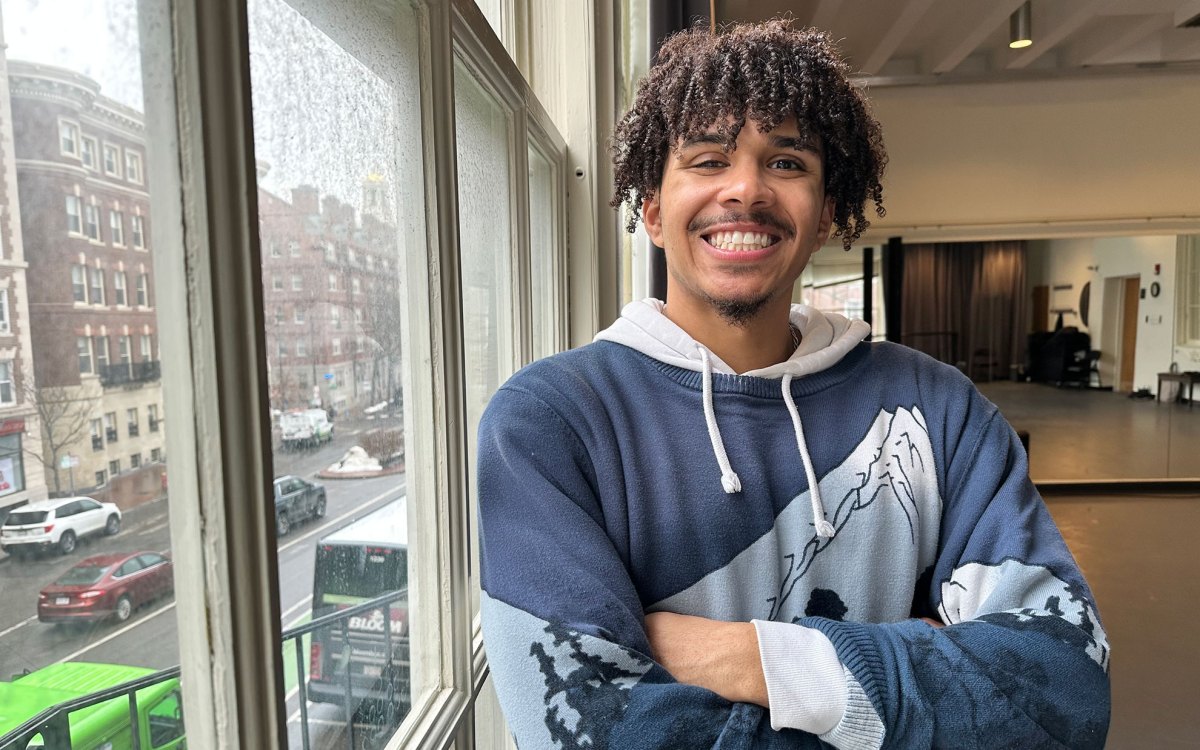
Retelling Frederick Douglass’ story, with a soundtrack
Senior composes musical about abolitionist’s early life
-
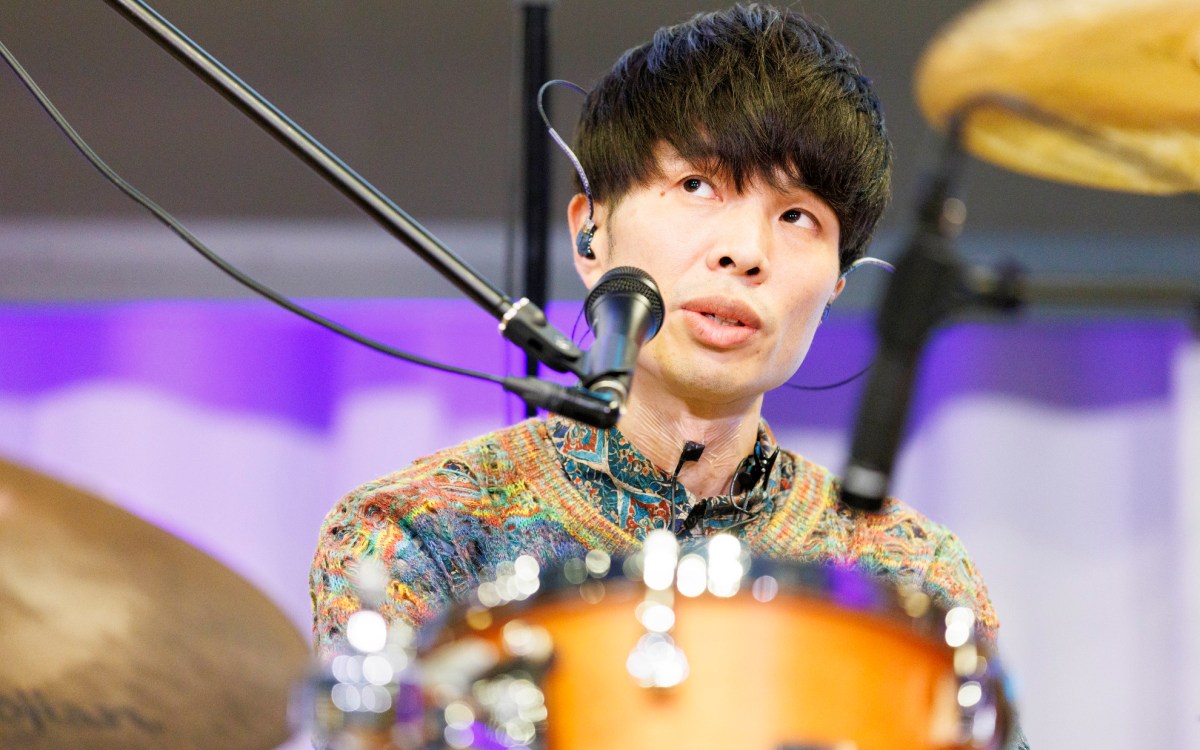
‘The sound stopped suddenly’
After rare condition robbed drummer of ability to play music, science led him back
-

Moved by what’s missing in Homer’s ‘Harrow’
Curator launches series steeped in U.S. history
-

Tina Fey’s keys to a good joke: Snark, confidence, surprise
Comedian keeps Harvard crowd laughing with longtime co-writer Robert Carlock ’95
-

How Bad Bunny rocketed to global stardom
Music scholar charts ‘remarkable’ rise that transcended language barriers and cultural stigma
-

‘A whole new experience of Kubrick’
As HFA screens full works, professor dissects why films like ‘The Shining’ and ‘2001’ still provoke audiences today
-
Rethinking the Classics
David F. Elmer Assistant Professor of the Classics, Faculty of Arts and Sciences
-
The Power of Theater
Diane Paulus Artistic Director, American Repertory Theater Professor of the Practice of Theater, Faculty of Arts and Sciences
-
Literary Luminaries
James R. Russell Mashtots Professor of Armenian Studies, Faculty of Arts and Sciences
-
Revolutionizing Egyptology
Peter Der Manuelian Philip J. King Professor of Egyptology, Faculty of Arts and Sciences
-
Memories of Armageddon
With haunting images, Japanese artist and survivor Junko Kayashige depicts the horrors of the bombings of Hiroshima and Nagasaki in an exhibition of oil paintings on view at the Harvard Graduate School of Education’s Monroe C. Gutman Library.
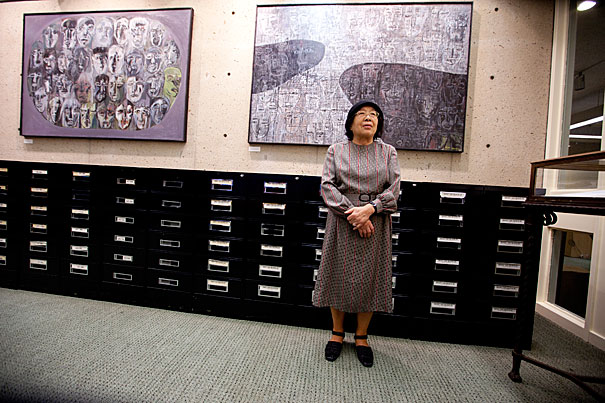
-
Poetry in the Yard
Homi K. Bhabha, the Anne F. Rothenberg Professor of the Humanities and the Director of the Mahindra Humanities Center, discusses his remembrance of September 11. Professor Bhabha’s project reflects on the decade since the tragedy through a series of poems installed within Harvard Yard.
-
Learning from Linney
Actress Laura Linney provided insights on her work — and on acting in general — for 100 members of the Harvard community as part of the Office for the Arts’ Learning From Performers series.
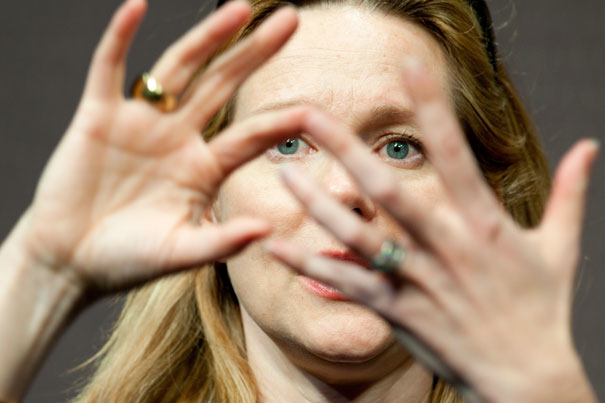
-
New era for the arts
Since 2009, three of Harvard’s main arts positions have changed hands. The fresh leaders of the music, dance, and choral spheres represent an important new direction for the arts.
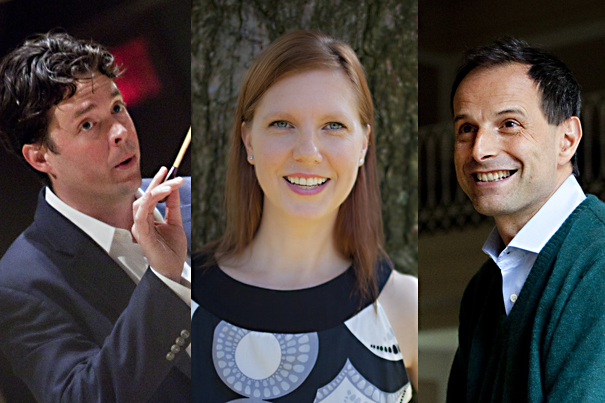
-
All things baseball
Harvard Professor Jill Lepore led off a murderers’ row lineup of six Harvard professors for “GenEd at Bat: A Discussion of America’s Favorite Pastime with the Faculty of Gen Ed” at Science Center A on Tuesday.
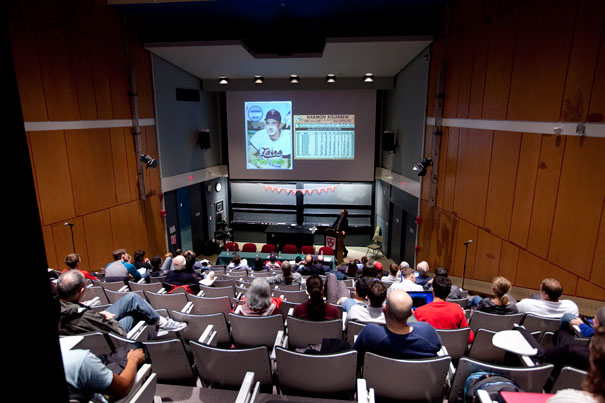
-
Cold War fever
A tactile exhibit called “Cold War in the Classroom” views recent history through the artifacts of a dangerous era, the tensions from which penetrated American schools.
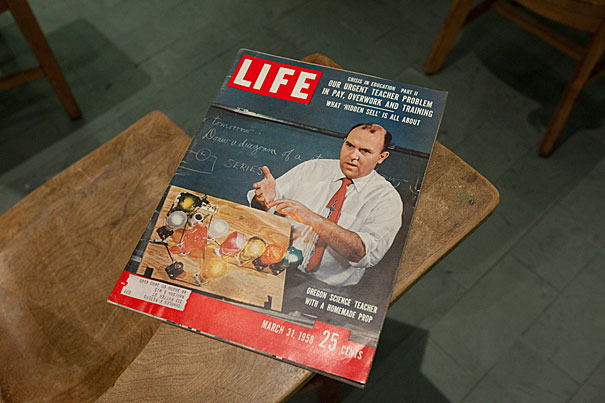
-
On the Silk Road again
The Silk Road Ensemble, a group of musicians from around the world led by famed cellist Yo-Yo Ma, was at Harvard for a weeklong residency, helping students to compose, playing with undergraduates, exploring the link between business and the arts, and discussing arts and education.
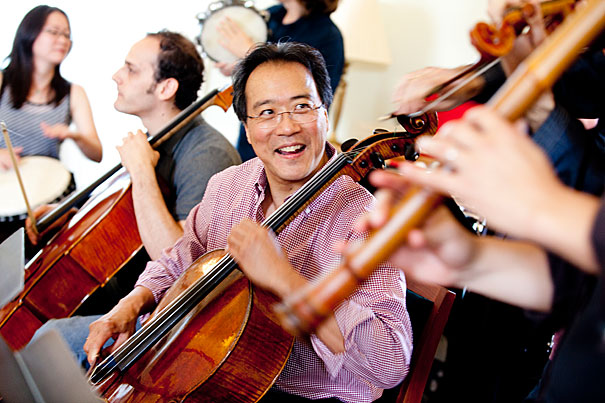
-
‘Nixon in China’ and at Harvard
Harvard President Drew Faust will host a panel discussion Nov. 15 with the alumni behind the groundbreaking opera “Nixon in China” as part of Harvard’s 375th anniversary celebration.
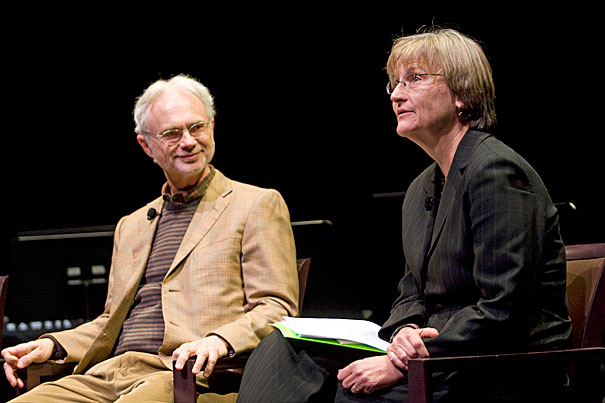
-
The disciplines of dance
Harvard’s new director of the OFA Dance Program, Jill Johnson, brings a love of movement and a boundless curiosity to the post and a desire to connect her disciplines to a range of academic pursuits.

-
A tale of two sisters
Radcliffe fellow Tayari Jones’ new novel, steeped in the South, shows the knotty complexity of families’ lives.
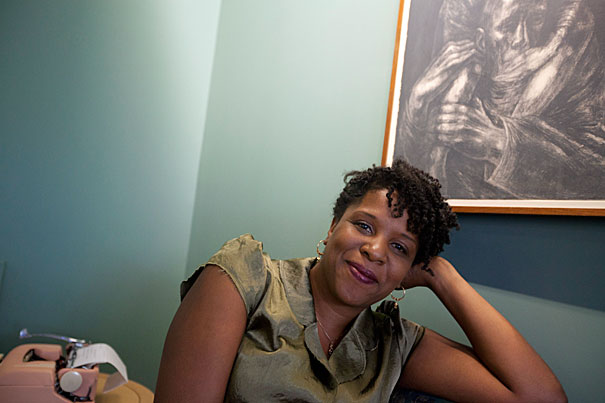
-
When jazz captures the young
Students from the Boston Arts Academy got some positive reinforcement today when they came to Harvard University for a special panel discussion with celebrated jazz musician Wynton Marsalis.
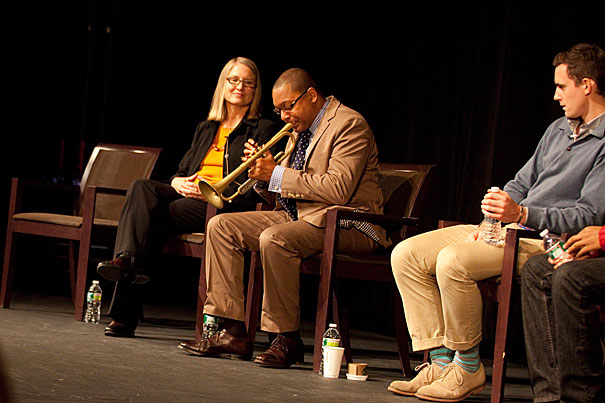
-
Marsalis in motion
Before a rapt audience at Sanders Theatre, jazz great Wynton Marsalis explored the history of American dance in the second lecture in a two-year series, “Hidden in Plain View: Meanings in American Music.”
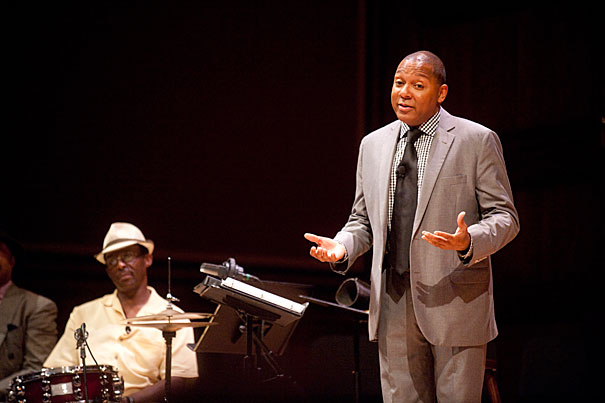
-
‘Porgy’ in the park
Common Spaces, the initiative that encourages community in and around Harvard Yard, kicked off its fall programming with four songs by the cast of the American Repertory Theater’s “The Gershwins’ Porgy and Bess.”
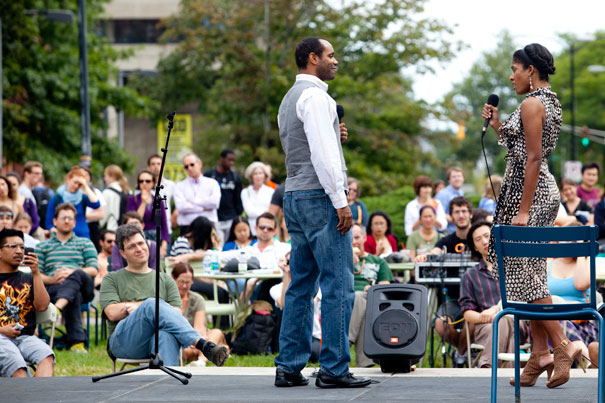
-
When art wed science
A new exhibition at the Harvard Art Museums/Arthur M. Sackler Museum explores how the rich exchanges between artists and scholars of the 16th century advanced the creation and dissemination of knowledge.
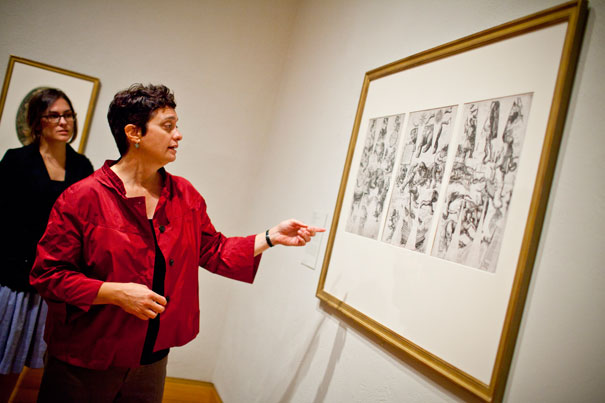
-
Wynton Marsalis returns to Harvard
Harvard University announced today that Wynton Marsalis will continue his two-year lecture series with an appearance at Sanders Theatre on Sept. 15.
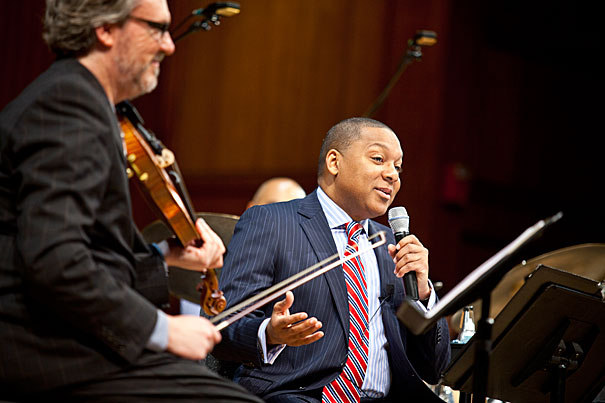
-
‘Porgy and Bess,’ made new
A.R.T. reimagines the classic Gershwin opera, with help from some Harvard undergraduates.
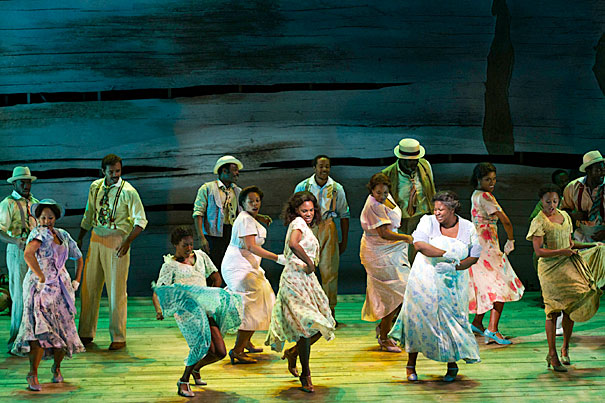
-
Black Confederates
A Harvard historian weighs in on a controversy about “black Confederates,” describing how many there were and what meaning they have in an ongoing debate over the causes of the Civil War.
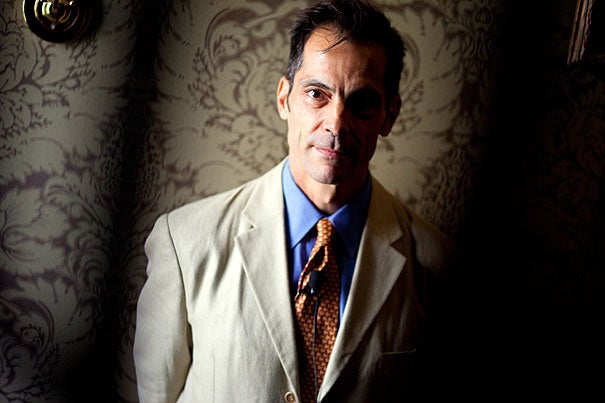
-
While you were away
A roundup of recent books by Harvard faculty members.
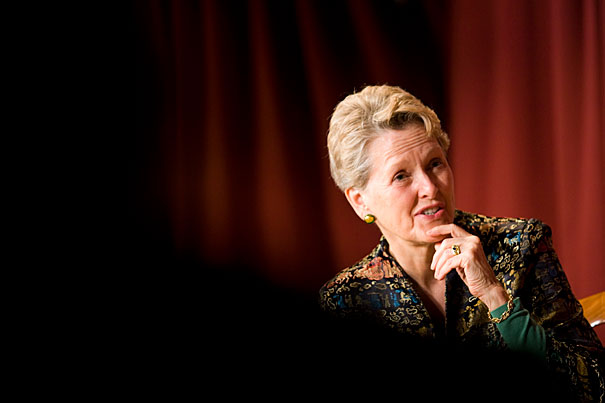
-
On summer break, a poem
An undergraduate on summer break is inspired to write a poem celebrating Harvard’s 375th anniversary.
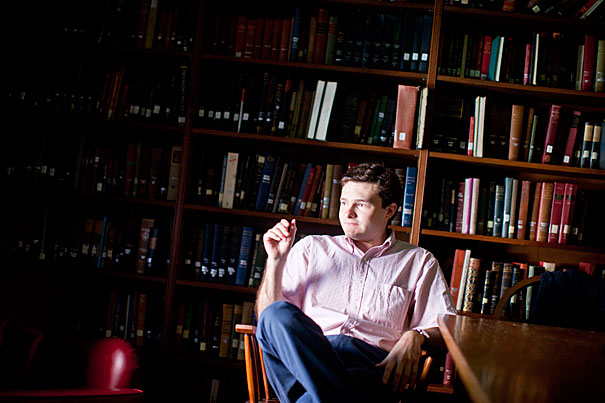
-
Creative opportunity
The tradition of visiting faculty at Harvard’s Department of Visual and Environmental Studies brings art and insight to the classroom.
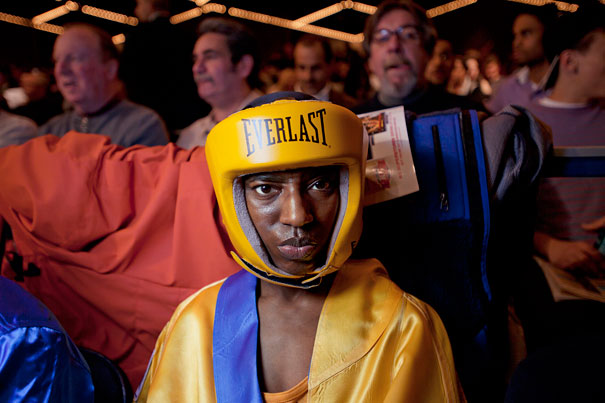
-
Mapping out Harry Potter’s world
The Harvard Museum of Natural History celebrates the world of J.K. Rowling’s Harry Potter in a gallery scavenger hunt that has proven to be a popular and educational experience.
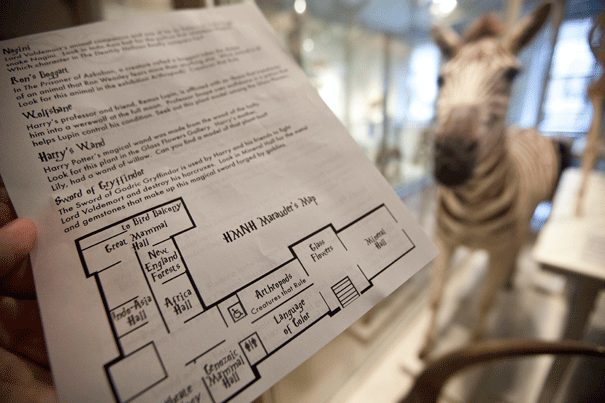
-
Of the bean I sing
A Radcliffe Fellow is working on an opera about the world’s love affair with coffee and how it grew from the bean that made goats jittery to the potion we all get jittery for.
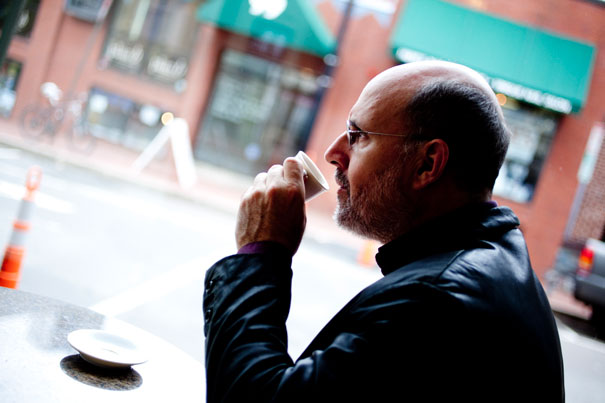
-
Symphonies and salsa
In late May and early June the Harvard-Radcliffe Orchestra traveled to Cuba for a series of concerts in Santa Clara, Cienfuegos, and Havana.
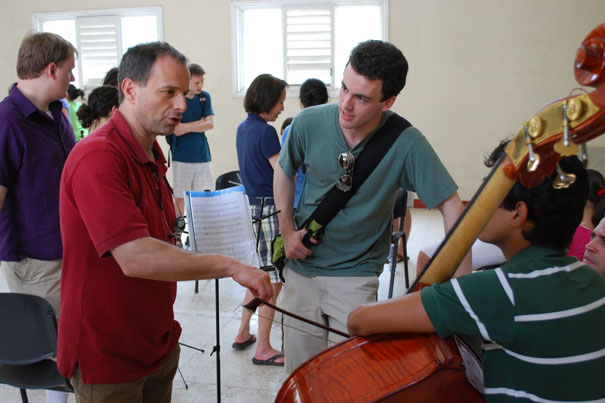
-
When three is also one
The renovated and expanded facility of the Harvard Art Museums eventually will link the University’s collections under one roof.

-
Art and the immigrants
Through an innovative program, immigrants explore the Harvard Art Museums’ galleries, polishing their English skills and learning lessons in American democracy.
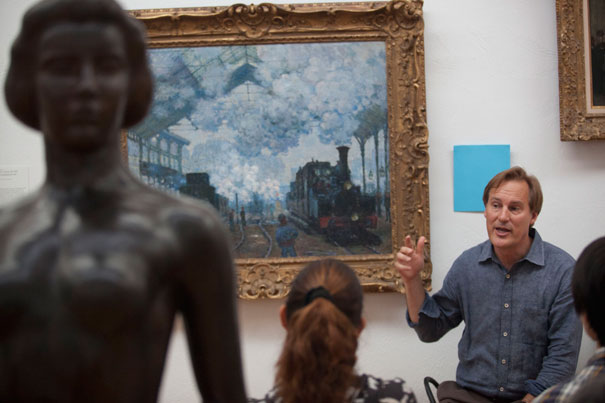
-
A sound welcome
The arrival of the first components of the new Fisk Opus 139 organ for the Memorial Church was welcomed with song on June 20.
